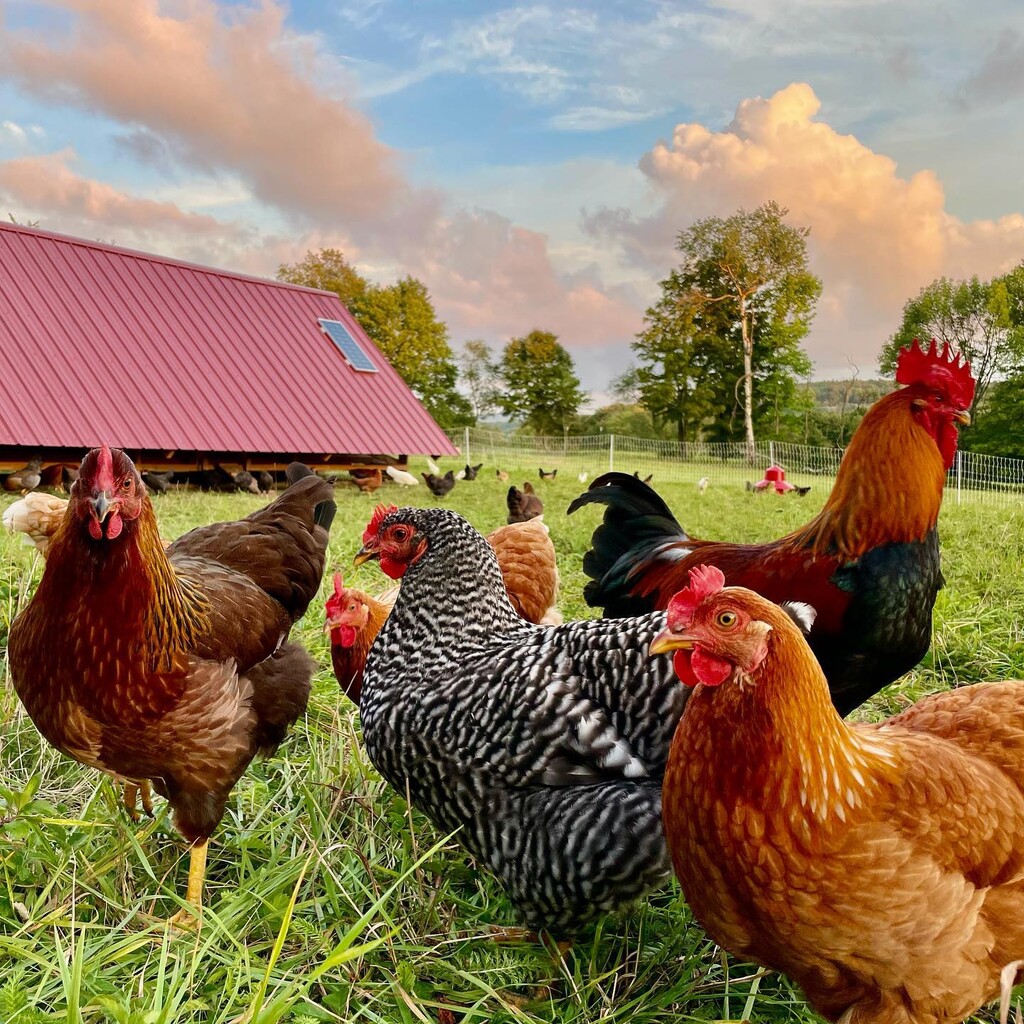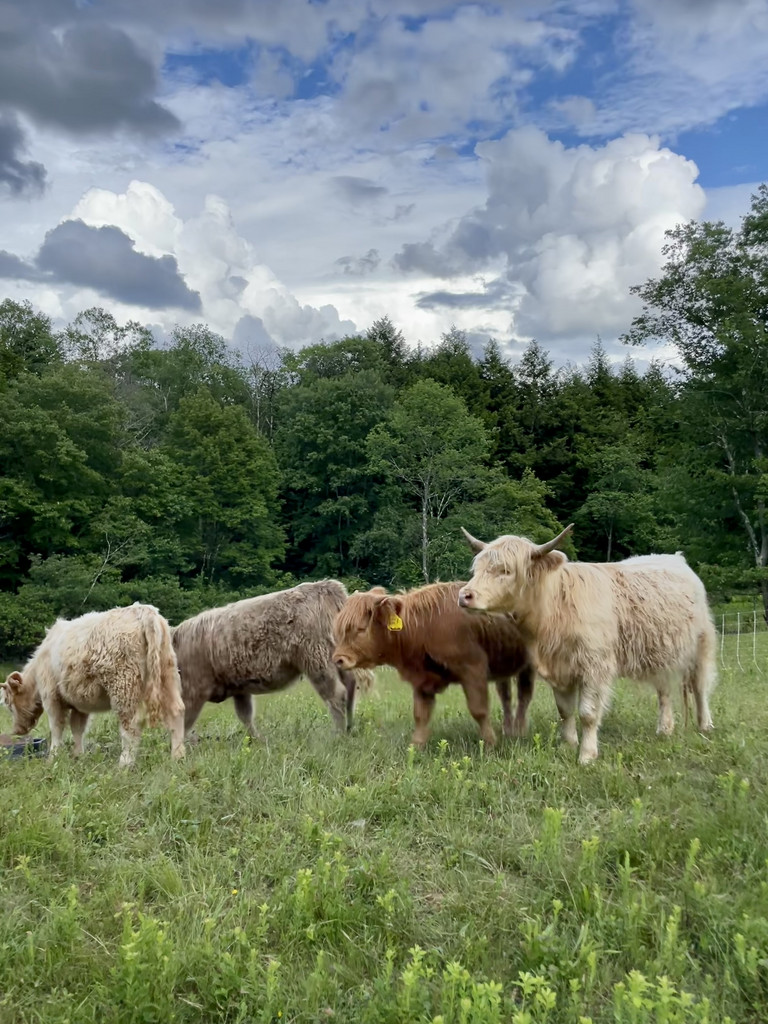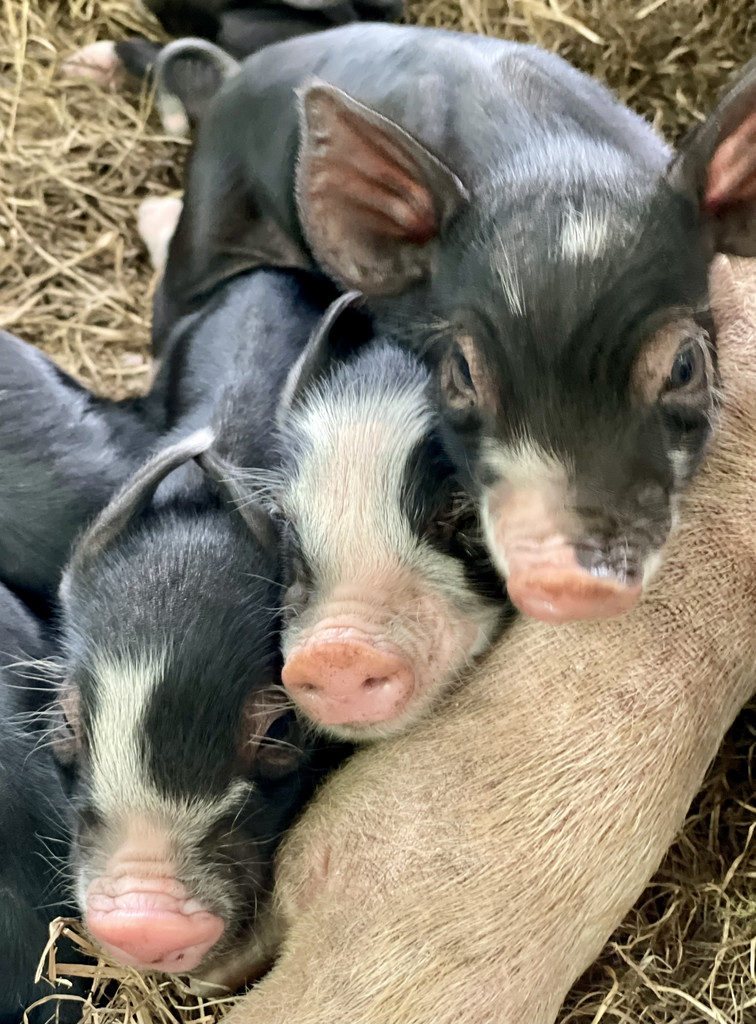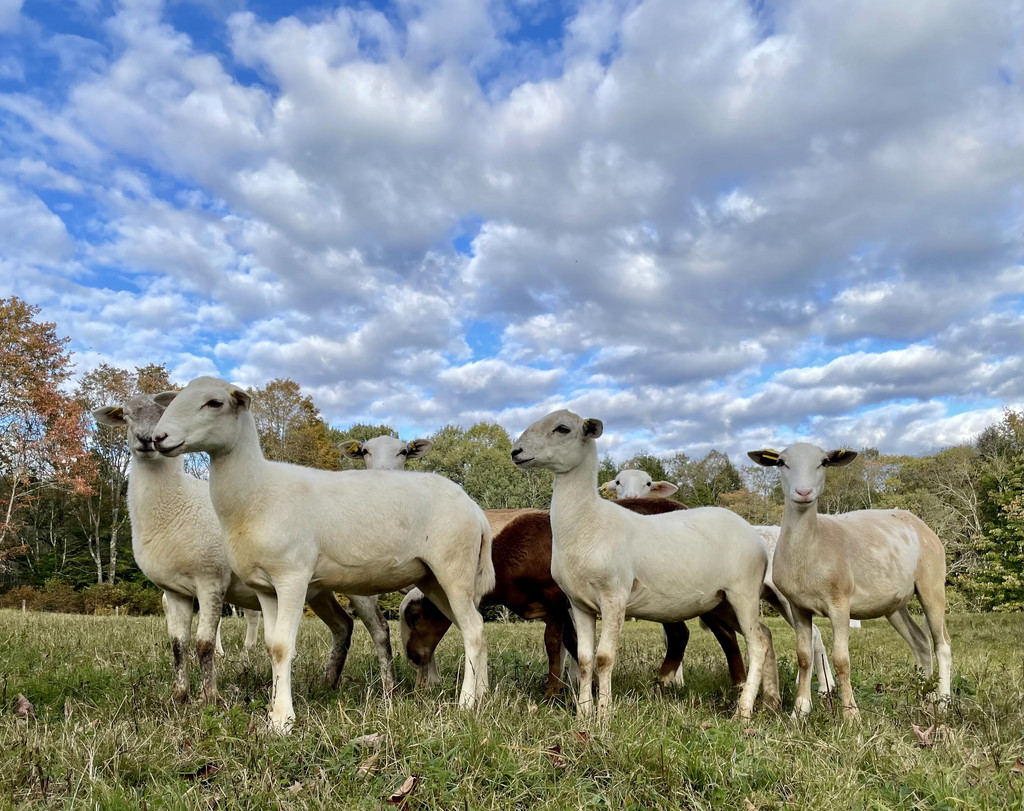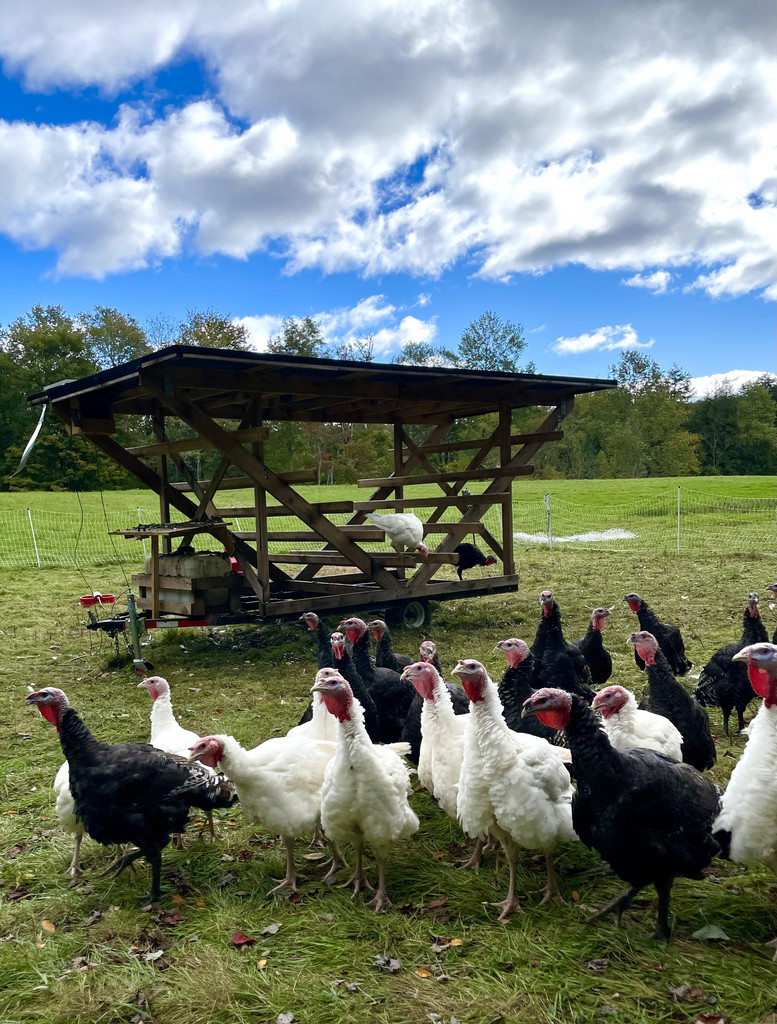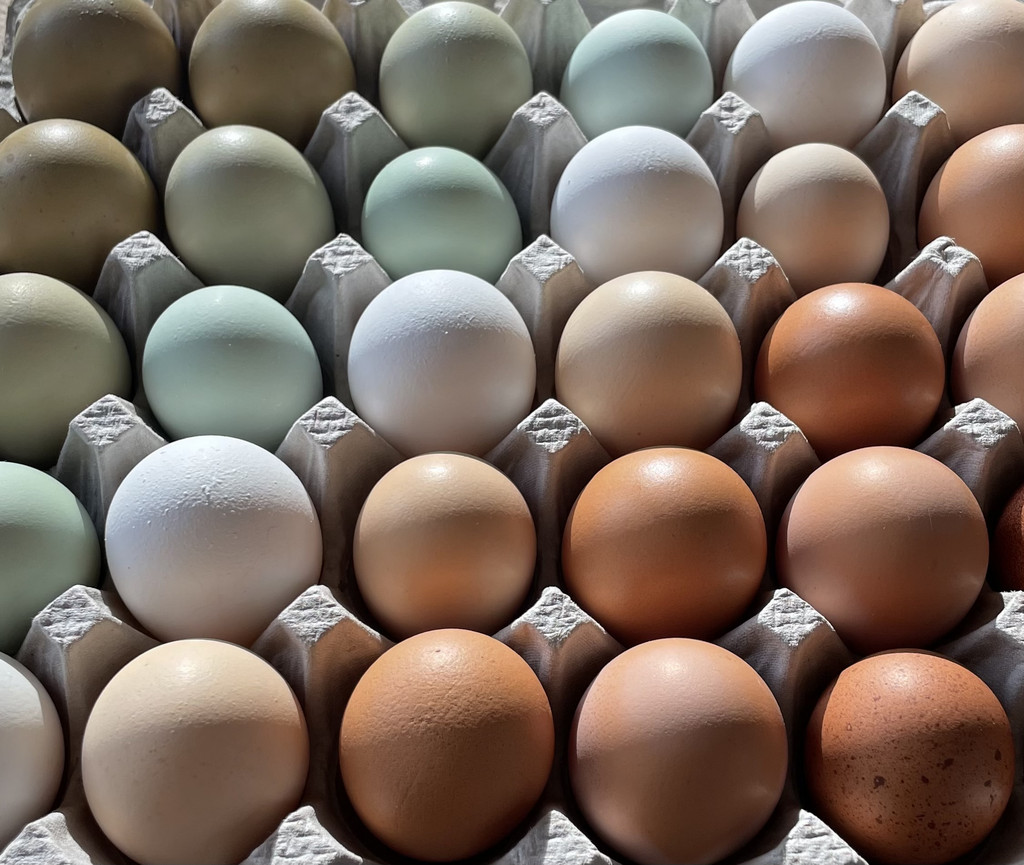Regenerative farming harnesses the power and complexity of nature to restore our ecosystem while producing delicious, nutrient-dense food. It is not defined by a fixed set of practices but varies according to each holistic context. Tailored goals are set according to each farm, farmer and community. Regeneration is measured through progress against those goals using verifiable outcomes.
Holistic Management
Two Creek manages everything according to the whole of the farm, following the Savory Institute?s approach. This approach provides a decision-making process to ensure that management supports both land and livelihoods tailored to our unique context. Livestock management emulates a wild herd and is integrated into the wider ecosystem.
Animal Welfare
Animals are necessary for our ecosystem to function. We assess animal welfare according to American philosopher Martha Nussbaum?s Capabilities Approach, which is articulated so clearly by Joel Salatin as ?respecting the pigness of pigs.? We ensure that our livestock enjoy choice, socialization, and play. Their main task is fulfilling their ecological function. For example, our sheep roam and forage, enjoying a diverse diet while transforming grass into living soil. Similarly, our pigs run and root, playing together while reversing succession and enhancing biodiversity in our woodlands. We keep our animals in family groups and practice delayed or natural weaning.
Silvopasture
Silvopasture is the deliberate integration of grazing and forest on the same land. We work silvopasture from both directions - thinning mid-stage forests to open up light for grazing, and incorporating trees into our larger pastures by planting tree lanes. This integration offers livestock benefits including diverse nutrition, shade, shelter and biodiversity. Silvopasture also sequesters 10x more carbon than pasture alone.
Intensive Mixed-grazing
Management-intensive grazing uses high animal density on small paddocks. This allows full consumption of forage along with long rest periods. Multi-species grazing takes advantage of the different diets and preference of each each species, resulting in more diverse pastures with enhanced biodiversity.
No-till Market Garden
We avoid tilling in order to build carbon-rich living soils. Instead of plowing, we supplement our beds with compost, which slowly decomposes and rejuvenates the soil below. Instead of pulling our plants after harvest, we cut them off below the soil so the roots decompose and retain biomass and nutrients.
Market Channels
You can find us at:
Schedule and Location:
Main Street Market
The Cooperage Project
Honesdale, PA 18437
Saturdays 11 - 1
Nov - April
Narrowsburg Farmers Market
Narrowsburg, NY
May - Oct
Schedule and Location:
Honor system; open 24 hours
Schedule and Location:
Photos
Upcoming Events
Contact Information
(646) 483-3285
65 Woods Road
Lakewood, PA 18439

